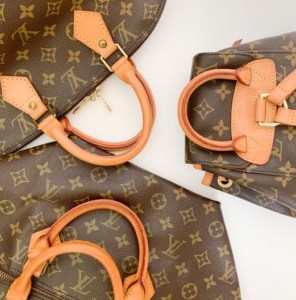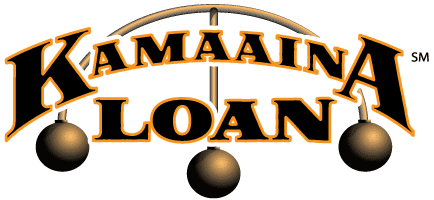From Retail to Resale: A Trend to Slow Down Fashion
In the world of fashion, consumers are starting to realize that “fast” often means “wasteful.” Fast fashion is the  business model where clothing designers produce trendy fashion apparel and accessories through a fast and cheap process. These products may be replicas of fashion designs that were featured on the catwalk, or they may be promoted by celebrities and online influencers. But this endless cycle of mass-produced, low-cost goods forces manufacturers to make compromises along the way. Workplace conditions, wages and environmental considerations are ignored to meet consumers’ demand as quickly as possible.
business model where clothing designers produce trendy fashion apparel and accessories through a fast and cheap process. These products may be replicas of fashion designs that were featured on the catwalk, or they may be promoted by celebrities and online influencers. But this endless cycle of mass-produced, low-cost goods forces manufacturers to make compromises along the way. Workplace conditions, wages and environmental considerations are ignored to meet consumers’ demand as quickly as possible.
And when the trends move on to some new look, what’s left? These fast fashion designs don’t get the same workmanship or high-quality materials as luxury brands, and the products often aren’t made to outlast the trend.
Sustainability and A Circular Economy
Fortunately, there is a growing trend of fashion-conscious consumers who are making a deliberate effort to embrace shopping with a different mindset. High fashion brands are known for high quality workmanship and these goods can last a long time when cared for properly. Buying a pre-loved handbag puts couture brands in reach for more customers, but this altered behavior benefits more than just the consumers who recognize the cost benefits. It also helps the environment through sustainability and encourages a circular economy.
 A circular economy tackles the new threats we are facing today, such as climate change, biodiversity, waste, and pollution. Instead of following a take, make, and waste linear system, a circular economy moves to a reuse, share, repair, refurbish, remanufacture, and recycle goods. This makes it more of a closed-loop system that places less burden on the environment to produce new raw materials.
A circular economy tackles the new threats we are facing today, such as climate change, biodiversity, waste, and pollution. Instead of following a take, make, and waste linear system, a circular economy moves to a reuse, share, repair, refurbish, remanufacture, and recycle goods. This makes it more of a closed-loop system that places less burden on the environment to produce new raw materials.
If everyone does their part, we can make a difference for sustainability. The choices we make when shopping can have multiple advantages not only to our wallet but also to the environment. But shopping with a more thoughtful mindset still requires smart choices. Buying designer or luxury items at a resale location whether it be online or in-person, also has risks, so be sure to shop at a reputable retailer who can authenticate the products they sell.
Kamaaina Loan now has that ability to authenticate brand name purses and handbags for a nominal fee. This gives you the ability to see for yourself the authenticity of a designer handbag. While you’re there, check out their selection of pre-loved Louis Vuitton handbags.


